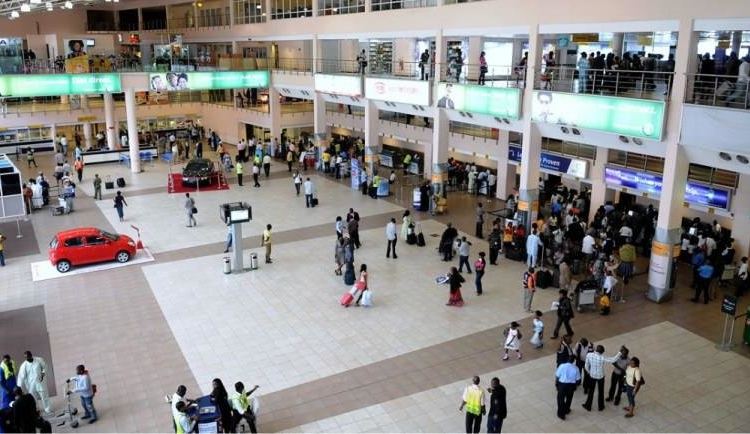The Federal Government’s decision to spend N712bn on the renovation of Murtala Muhammed International Airport (MMIA) in Lagos has sparked intense debate about national priorities and fiscal responsibility.
While the Presidency and Aviation Minister Festus Keyamo defended the expenditure as necessary modernisation, critics led by the African Democratic Congress (ADC) have condemned it as “reckless and insensitive” given Nigeria’s mounting socioeconomic challenges.
This controversy, though predictable, presents an opportunity to examine whether this massive infrastructure investment aligns with the nation’s most pressing needs. But the fundamental question is: Does the Lagos airport need renovation? It does.
The government’s case for the renovation rests on compelling technical arguments. Terminal One, built in 1979, has become structurally decrepit after decades of neglect and overwhelming use. Initially designed for fewer passengers, the facility now handles traffic that has quadrupled beyond its capacity.
Aviation Minister Keyamo’s description of stripping the building down to its “structural carcass” and rebuilding it to modern international standards reflects that patchwork repairs can no longer suffice for Nigeria’s busiest airport.
The technical scope of the project appears comprehensive and well-conceived. The complete overhaul of Terminal One, expansion of Terminal Two’s apron to accommodate wide-body aircraft, construction of independent ring roads for arrivals and departures, and the addition of innovative technology features could genuinely transform Lagos airport into a world-class facility.
Correcting design flaws, such as forcing travellers to haul luggage up escalators to reach departure lounges, demonstrates attention to passenger experience that has long been lacking in Nigerian aviation infrastructure.
Modern airport projects worldwide and even in Africa, including Angola, support the argument that quality infrastructure commands significant investment.
However, the critics’ concerns cannot be dismissed as political opposition. Those against the renovation raise fundamental questions about national priorities that resonate with millions of struggling Nigerians.
In a country where public universities operate under chronic austerity, basic medical care has become a luxury accessible only to the wealthy, and recent policy decisions have pushed millions deeper into poverty, spending ₦712 billion on an airport may look grandiose.
Yet, dismissing the project entirely would be shortsighted. Nigeria’s aviation sector requires significant upgrading to compete regionally and globally. A modern, efficient Lagos airport could enhance Nigeria’s business, tourism, and investment attractiveness. The economic multiplier effects of improved aviation infrastructure, including job creation in related industries and enhanced connectivity for trade, could generate substantial long-term benefits.
In the considered opinion of this newspaper, the government must address questions about project implementation and cost control. Nigeria’s history of inflated infrastructure contracts and abandoned projects creates reasonable scepticism about whether the ₦712 billion will deliver promised results. The involvement of CCECC, the Chinese company that constructed Terminal Two, provides some assurance of technical capability, but rigorous oversight mechanisms must be established to ensure value for money.
Overall, the government’s promise to ensure regular site visits for journalists, civil society organisations, and National Assembly members is commendable.
The government must provide more detailed economic justification for this expenditure. Cost-benefit analyses should be made public, showing how the investment will generate returns through increased passenger traffic, cargo handling, airline partnerships, and related economic activities.
Comparative studies with other regional aviation hubs should demonstrate how this investment positions Nigeria competitively.
Furthermore, the government should establish clear performance metrics and timelines for project delivery. Given the 22-month completion timeline, regular progress reports should be published, with penalties for delays or cost overruns clearly defined in contracts.
Ultimately, while the Lagos airport renovation may be necessary and beneficial, its controversy reflects deeper concerns about governance priorities and fiscal responsibility.
The government’s challenge is to show that this investment, justified on technical grounds, represents sound stewardship of resources desperately needed across multiple sectors. Nigeria can balance modern infrastructure and responsive social services with transparent prioritisation, efficient implementation, and genuine accountability.
As an airport that handles over 70 per cent of the country’s passenger traffic and continues to serve as the face of the aviation sector, the Lagos Airport needs renovation to upgrade its facilities.





